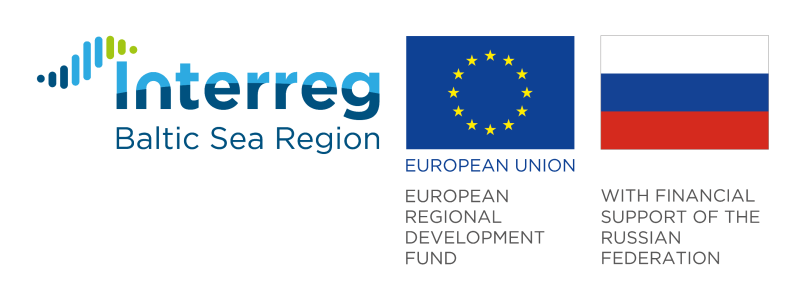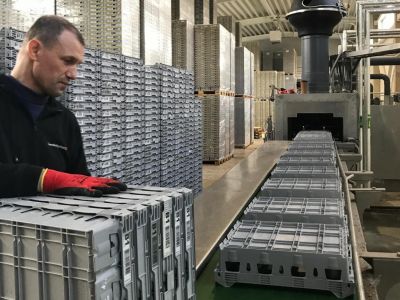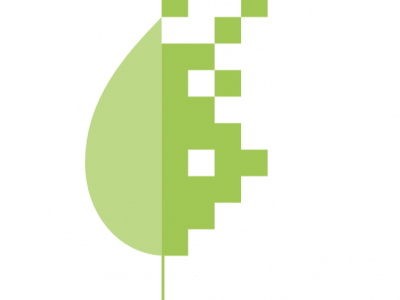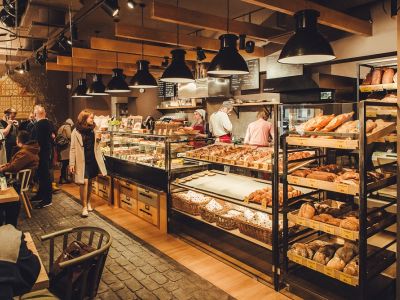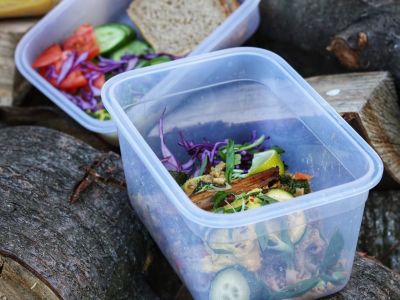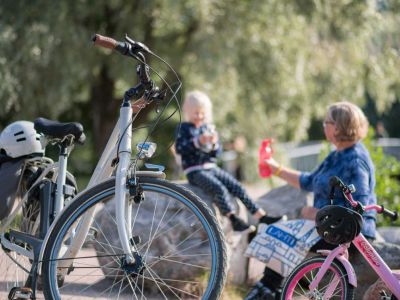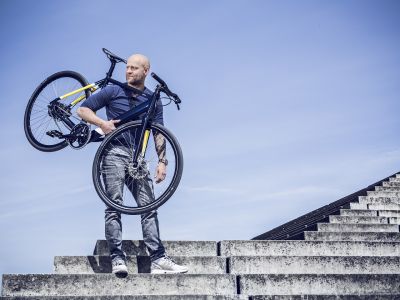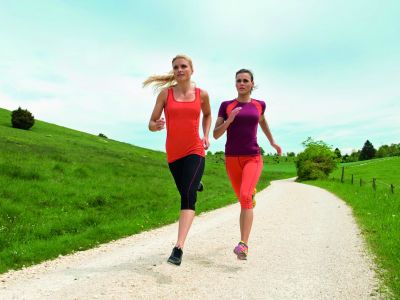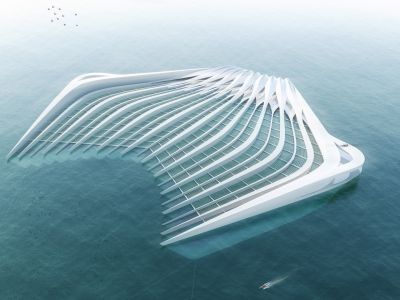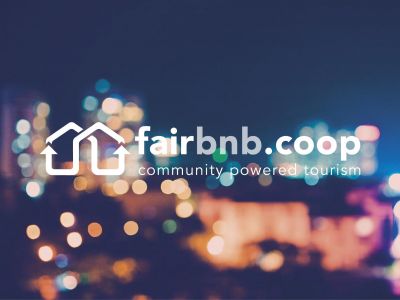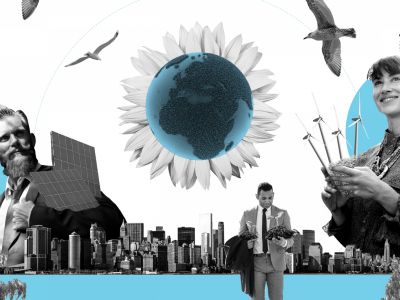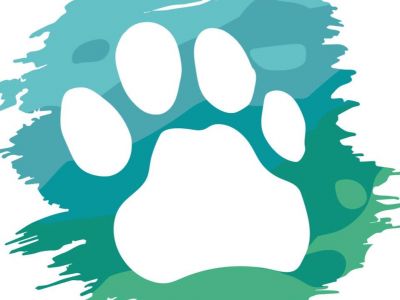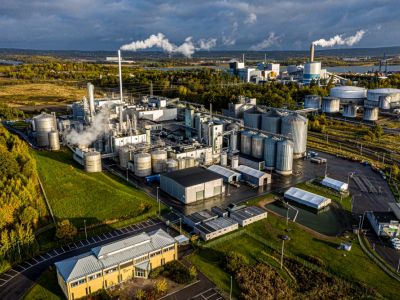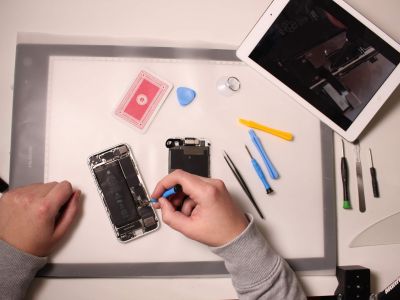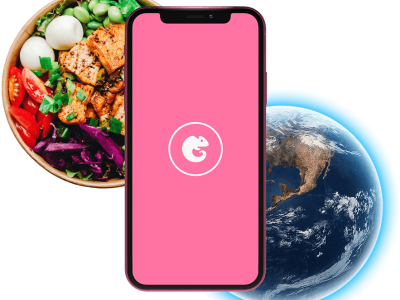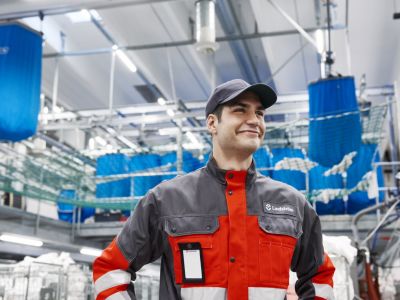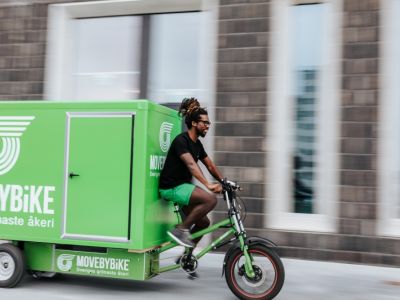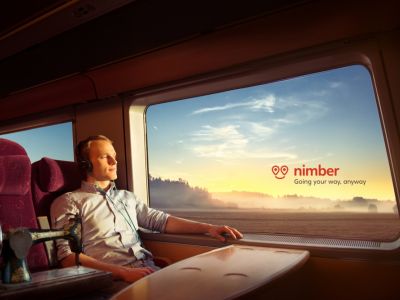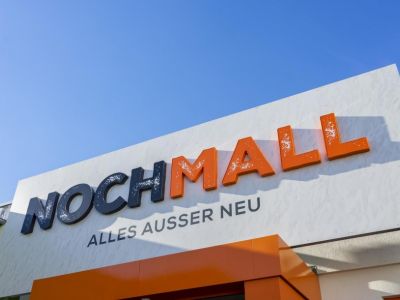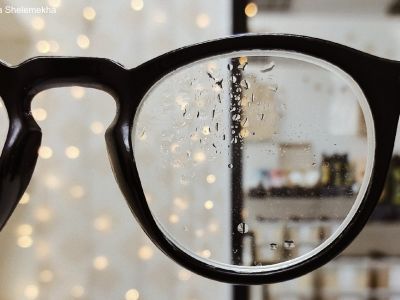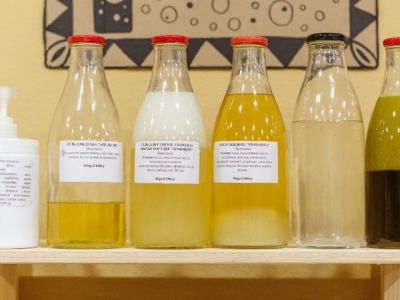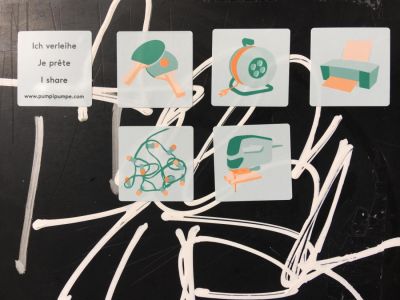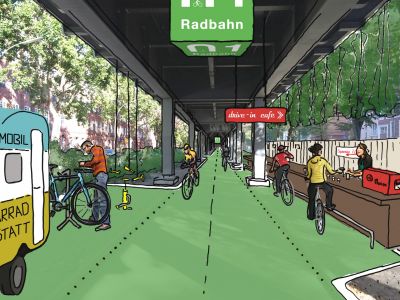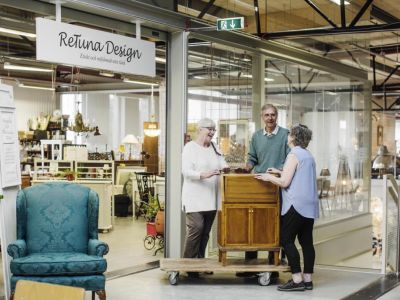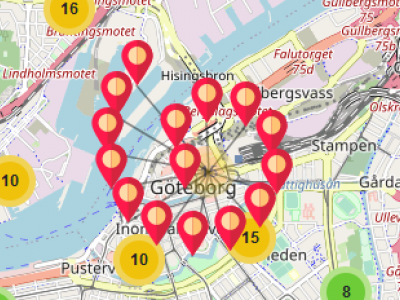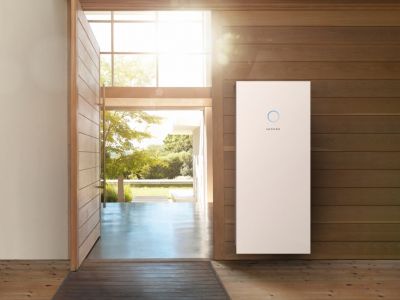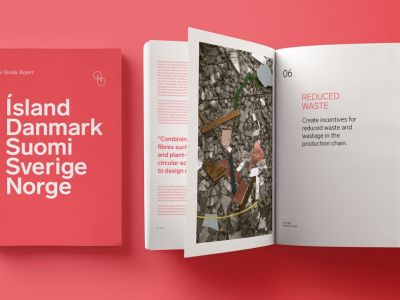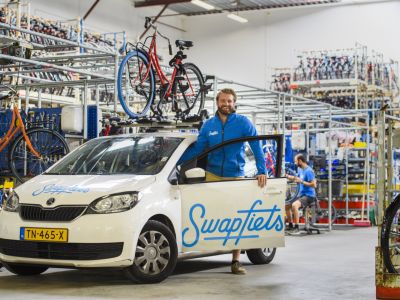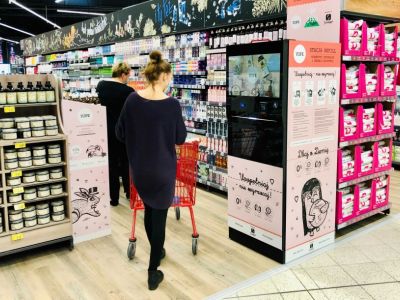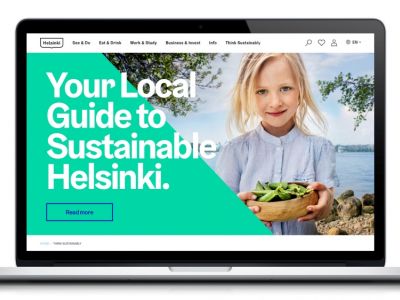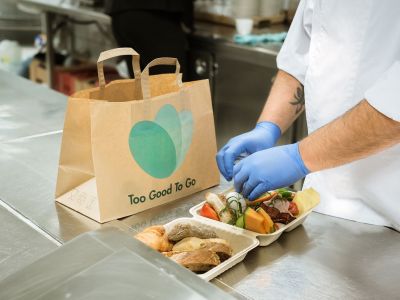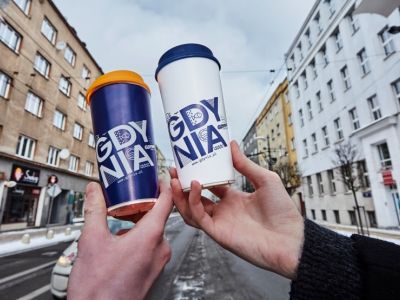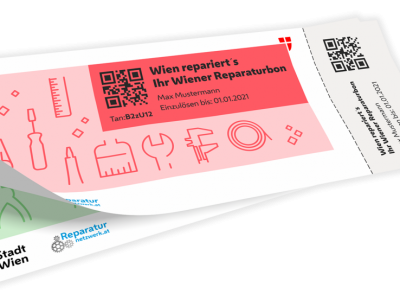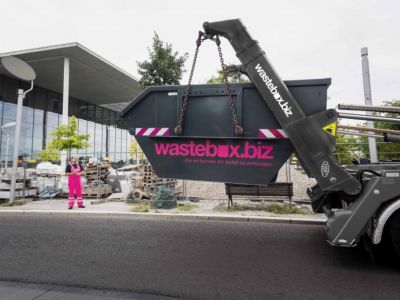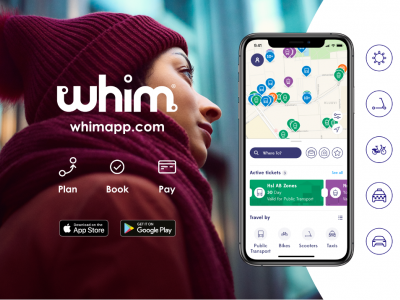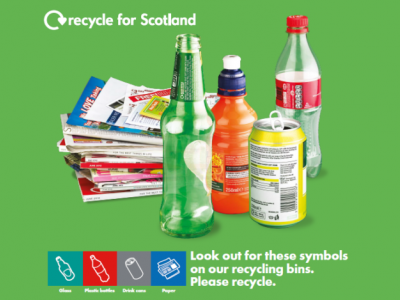![]() Service
Service ![]() started in Finland
started in Finland ![]() Dressing & Wearing
Dressing & Wearing
picture on top: Lindström
Lindström offers its customers a wide variety of services, ranging from workwear, mats, restaurants and hotel textiles to industrial wipers and washroom textiles as a regular cost-efficient and sustainable rental service. This allows our customers to focus on their primary business operations and trust the resource-extensive textile service to professionals.
Interview with Oksana Skorbatjuk, marketing and communication (Lindström Estonia).
Why was your offer started? What would it look like without your offer?
Lindström launched the textile rental service almost 100 years ago when the family-owned business started renting napkins, bed and table linens and workwear for barbers and medicine workers to their laundry clients. The service has created an easy and responsible solution for organisations that seek to optimise the management and maintenance of their everyday textile products like floor mats, workwear, linens, industrial wipers and other textile products. Instead of purchasing the products for the company, organising the washing and caring of these textiles and their utilisation at the end of their life cycle, Lindström offers this to the organisations as a regular, highly-efficient and environmentally-friendly service. In addition to cost and resource efficiency, this approach also allows the companies to significantly reduce their environmental footprint – Lindström’s highly durable materials with smart designs and our expertise in textile care techniques allows to prolong the life cycle of the textiles, after which most of our textiles are reused or recycled.
What is your vision as a company? What do you want to achieve?
Lindström cares for people and our planet by inspiring people to shine and businesses to grow in a sustainable way. We want to support our customers in making responsible choices by offering a large selection of sustainably produced products and guaranteeing an environment-friendly maintenance of these products throughout their life cycle. Our aim is to gradually innovate our service and establish partnerships that would allow us to recycle 100% of our textile products by the year 2025.
How does your company solve the customer’s problem? What does your offer change?
Lindström’s customers include a wide range of organisations who need textile products such as workwear, floor mats, bed linen, tablecloths and napkins, towels or more innovative products such as returnable shopping bags or reusable face masks. In order to focus on their day-to-day business, these organisations do not want to take on the duty of buying the products, guaranteeing their hygienic cleanliness inhouse or their utilisation after they become broken or worn out. They do not have the expertise of caring for the products in a way that allows to prolong their life cycle.
This often results in employees washing their workwear at home which could result in insufficient hygiene, possible contamination of the clothes washed with the workwear and damage due to incorrect care. Since the employees themselves do not have the expertise or time to make the necessary repairs to prolong the life of the workwear, the clothes can quickly become worn out and end up in the trash. Whatever the size of the organisation, it is usually not sensible for them to invest in laundry service lines that would be able to guarantee a resource-effective washing solution.
By renting the textile products and trusting Lindström with the maintenance of these products, our customers can be sure that they are using high-quality products which have been manufactured responsibly, that will be cared for using as little water, energy and chemical detergents as possible needed to reach hygienic cleanliness.
Our smart designs help us prolong the life cycle of the products even further – in case of workwear, this means that we repair broken sleeves and pockets, replace missing buttons and take extra care of special safety elements like reflectors to make sure they function as they are expected to. Lindström also takes the burden of textile waste management off our customers’ shoulders – we guarantee that no single piece of fabric ends up in landfills and as many products as possible get a new and meaningful life as a recycled textile product.
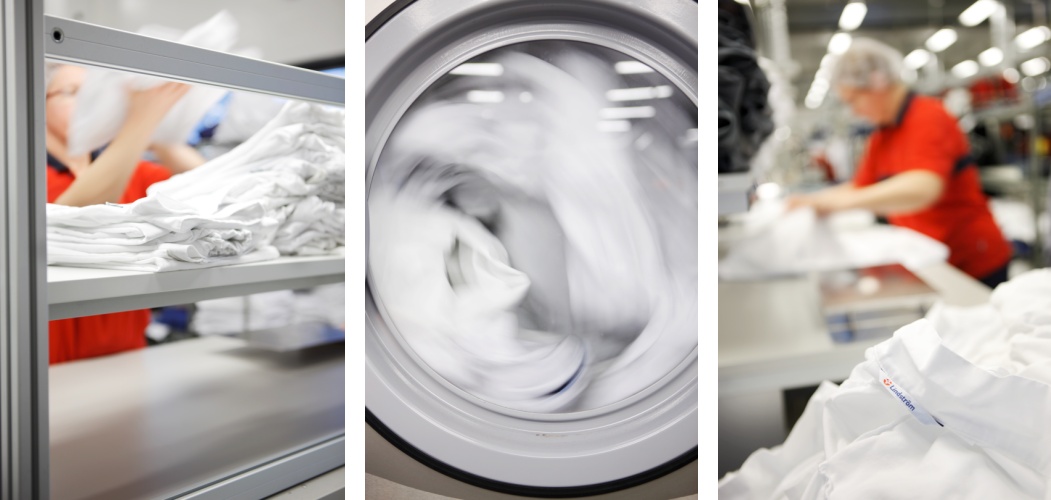
pictures: Lindström
What makes your offer different from other brands in your field? How do the environment and society benefit?
Lindström is a company that has been devoted to the circular economy model for nearly 100 years. This has allowed us to reach the highest possible level of resource-efficiency which we are constantly looking to increase further with the help of different partners. We seek ways to improve the designs of our products and use new innovative fabrics to guarantee improved durability and an even longer life cycle. We have found ways to reuse energy and even laundry water in our processes. With the help of our partners, we have been able to guarantee that 81% of our textile products are recycled: oil wipes become oil mats, oil mats become absorbing booms, hotel textiles become cleaning wipes, terry towels become new clothes, workwear items become scarfs, building isolation, floor mats become asphalt or the boxing bag stuffing, etc. We seek to further these partnerships to reach 100% recyclability of textiles by 2025.
Which role does digitalisation play?
Lindström has also adopted digital solutions to improve the efficiency of our operations. For example, we have started to use RFID (radio frequency identification) tags in all our workwear to collect data on the usage and maintenance of our products in order to further prolong the products’ life cycle. This technology allows us to move towards the zero-stock operation model designed to complement our PRODEM (produce on demand) concept. The idea is to manufacture products only when our customers place an order to replace an item or produce an additional item for a new employee, etc. The order is automatically sent to our production unit in Latvia (which serves the region) and the needed item is produced, shipped and delivered to the customer in 48 hours. This way, the technology gives added value to our products designed to last for as long as possible.
Another solution which has strongly improved customer experience is our FlowAbility Washroom Service, where we have connected our washroom service dispensers through Europe’s biggest IoT (Internet of Things) network. Sensors send a signal to the cleaning services through our app when the towel roll or toilet paper is running low. This enables a more effective use of the cleaning service team working hours and resources. Furthermore, it also assures that there is always a clean towel in the restrooms, and no unnecessary towel change is made.
What factors have helped keep the offer successful on the market?
First and foremost, Lindström’s service model has been a success because it makes our customer’s life easier and supports their growth in a sustainable way. Our customers can rely on us as the textile service professionals to take care of an extremely resource-extensive element that is crucial for guaranteeing excellence in their own operations. Lindström’s service, based on the circular economy business model, has expanded the perception of our customers and other business leaders by showing that a sustainable textile service is not a luxury concept but rather a pragmatic means of investing in future growth while also saving the planet.
No organisation can, however, run circular economy alone – it works like an ecosystem that we all need to adapt to. We need to engage devoted partners, for example scientists, and cooperate in R&D with full end-to-end supply chains in finding new sustainable materials that are durable yet easy to recycle. The more sustainability we can introduce to each link of the supply chain, the less we create waste that needs to be recycled.
What are you particularly proud of in terms of the offer in the company?
Lindström’s sustainable textile rental service has helped the company to launch a shift toward a greener service preference on the market and take a bold step toward achieving our ambitious goal of reaching 100% recyclability by 2025. This has been possible because we have been able to provide real proof of the resources our service can save: we have managed to reduce the resources used to wash one kilogram of textiles to 7,2 litres of water and 1 kW/h of electricity. We have also been able to demonstrate the extreme durability of our textile products – the oldest workwear item still in use is soon celebrating its 25th birthday. Lindström’s efforts to promote the circular economy business model have been recognised at the highest level – we were nominated as one of the four most environmentally-friendly enterprises in Estonia.
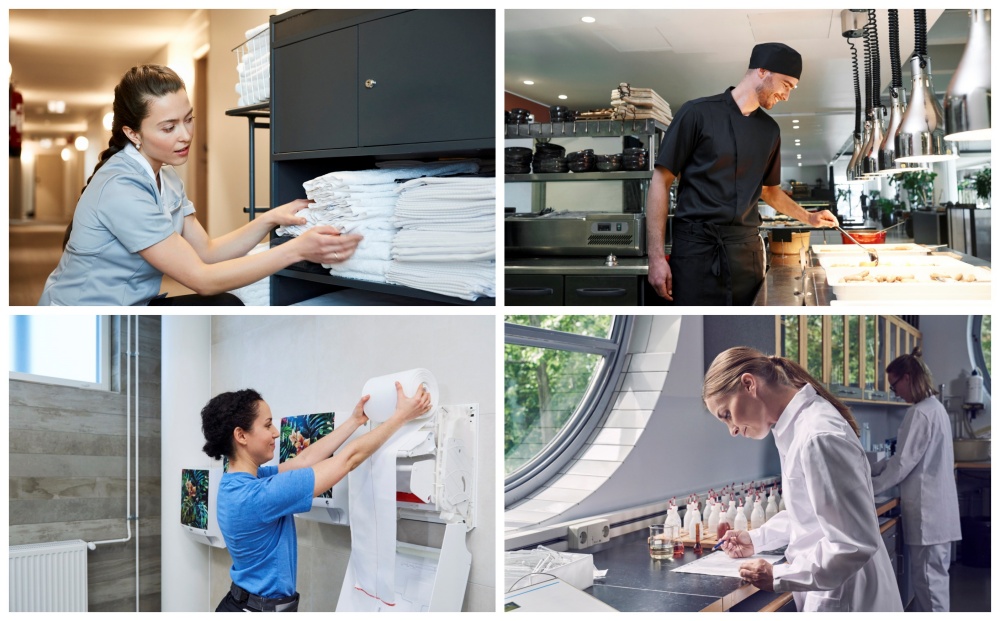
pictures: Lindström
If you were a powerful politician for one day, what would you change first?
Lindström has long promoted a shift toward more service-oriented tenders with the aim to motivate more organisations to make choices that are resource-efficient while also less burdensome on the environment.
Second, there is a need to initiate research and development activities in order to extend the possibilities for recycling textiles, while also raising awareness of regulations regarding textile waste and the upcoming changes that will have a significant effect on the operations of any organisations that use textile products.
How would you like to develop your offer further?
Lindström is constantly looking for different ways to make any of its process stages more sustainable. For example, we are keeping a close eye on the research regarding the creation of new textiles that would be less resource extensive to produce. There are, for example, new technologies that enable the production of highly durable materials which at the end of their life cycle can be recycled into a next fabric by being chemically dissolved into the original textile fibres rather than crushing the fibres. This means that the dissolved fibre does not lose its durability and the recycled textiles have high quality markers allowing us to further prolong the life cycle of our textile products. In partnership with our customers. We are also considering new ways of how to use the data collected by the RFID tags in order to further optimise our service and prolong the life cycle of our textile products.
START OF THE INITIATIVE
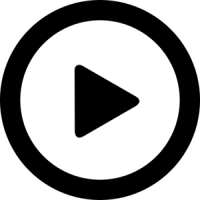
We originated in Finland. Lindström launched the textile rental service almost 100 years ago when the family-owned business started renting napkins, bed and table linens, and workwear for barbers and medicine workers to their laundry clients. In 1992, Lindström established its first subsidiary in Estonia.
LOCATION

Lindström offers its services in 24 countries in Europe and Asia.
MISSION
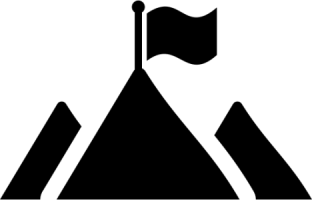
Making our customer’s life easier.
TARGET GROUP
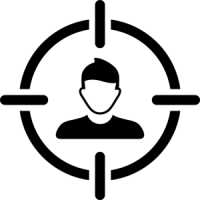
The service is targeted toward big and small organisations that need different textile products in order to guarantee a clean and safe work environment. Products offered include floor mats, workwear, linens, towels, industrial wipers, etc.
MOST INNOVATIVE ASPECTS
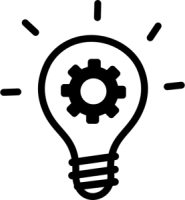
The service model operates entirely on a circular economy business model, making sure that our products are manufactured sustainably, that the design and materials used, guarantee the longest possible life cycle for the product, that they are maintained with as limited use of resources as possible, and that at the end of their life cycle, they are reused or recycled responsibly.
DIGITAL OFFERS
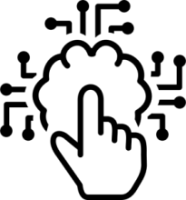
All of our textiles are equipped with RFID (radio frequency identification) tags that gather data on the use and maintenance of the products in order to further prolong the life cycle of the products. Our customers can see and manage their textiles in our customer service portal, eLindström. We have also adopted digital solutions in our washroom services, where the sensors inform the maintenance team through an app if a dispenser runs out of paper or cotton towels in order to guarantee the cleanliness of the washrooms.
A FEW NUMBERS
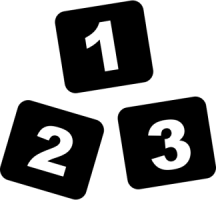
A total of 205 million kilograms of textile products washed per
year.
More than 10 million Lindström’s workwear items used in 24
countries across the globe.
The oldest workwear item still in use in Estonia is celebrating
its 25th anniversary in 2020

